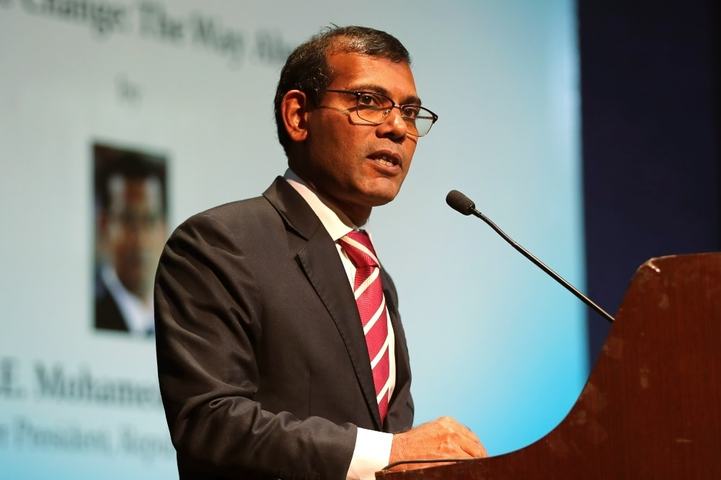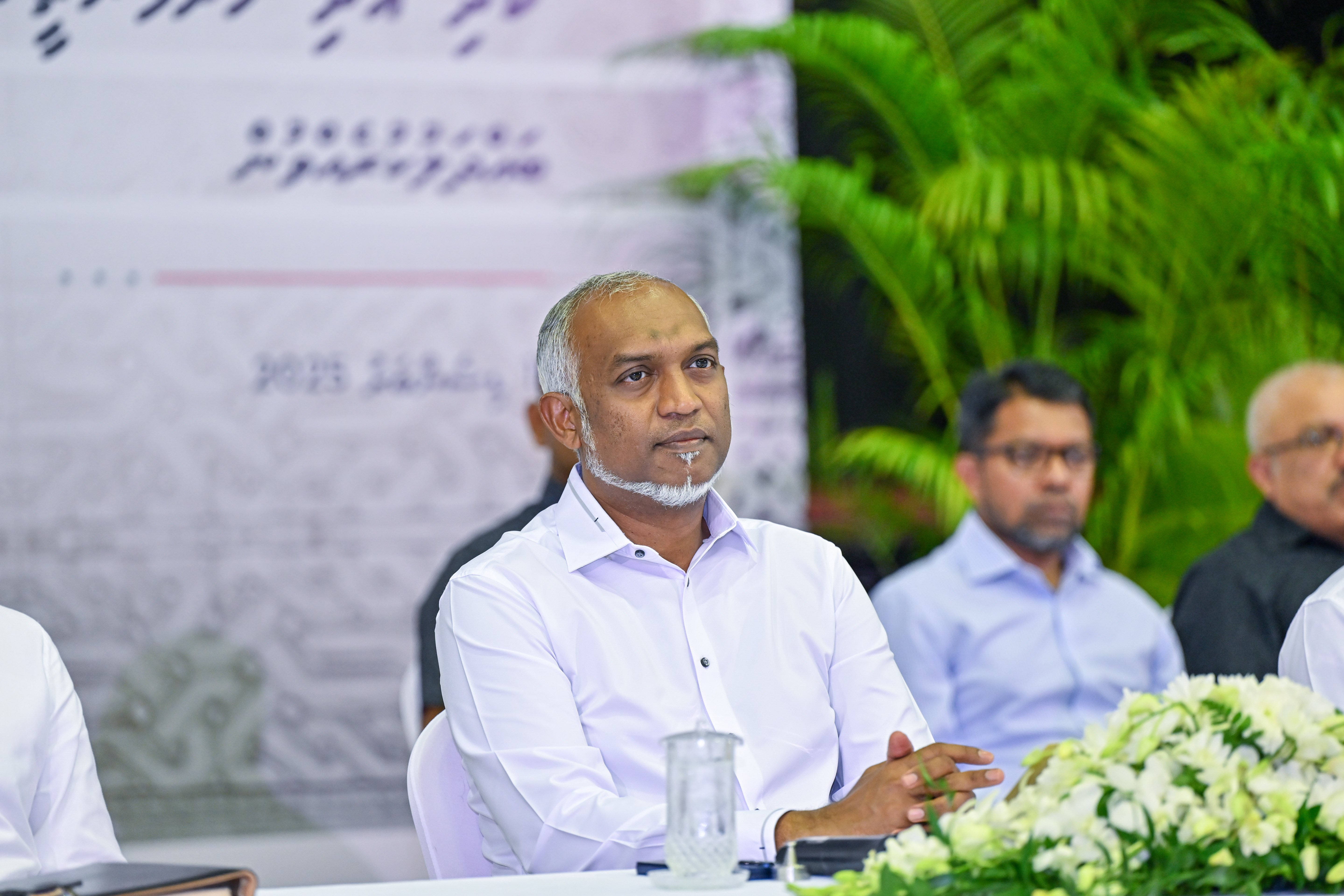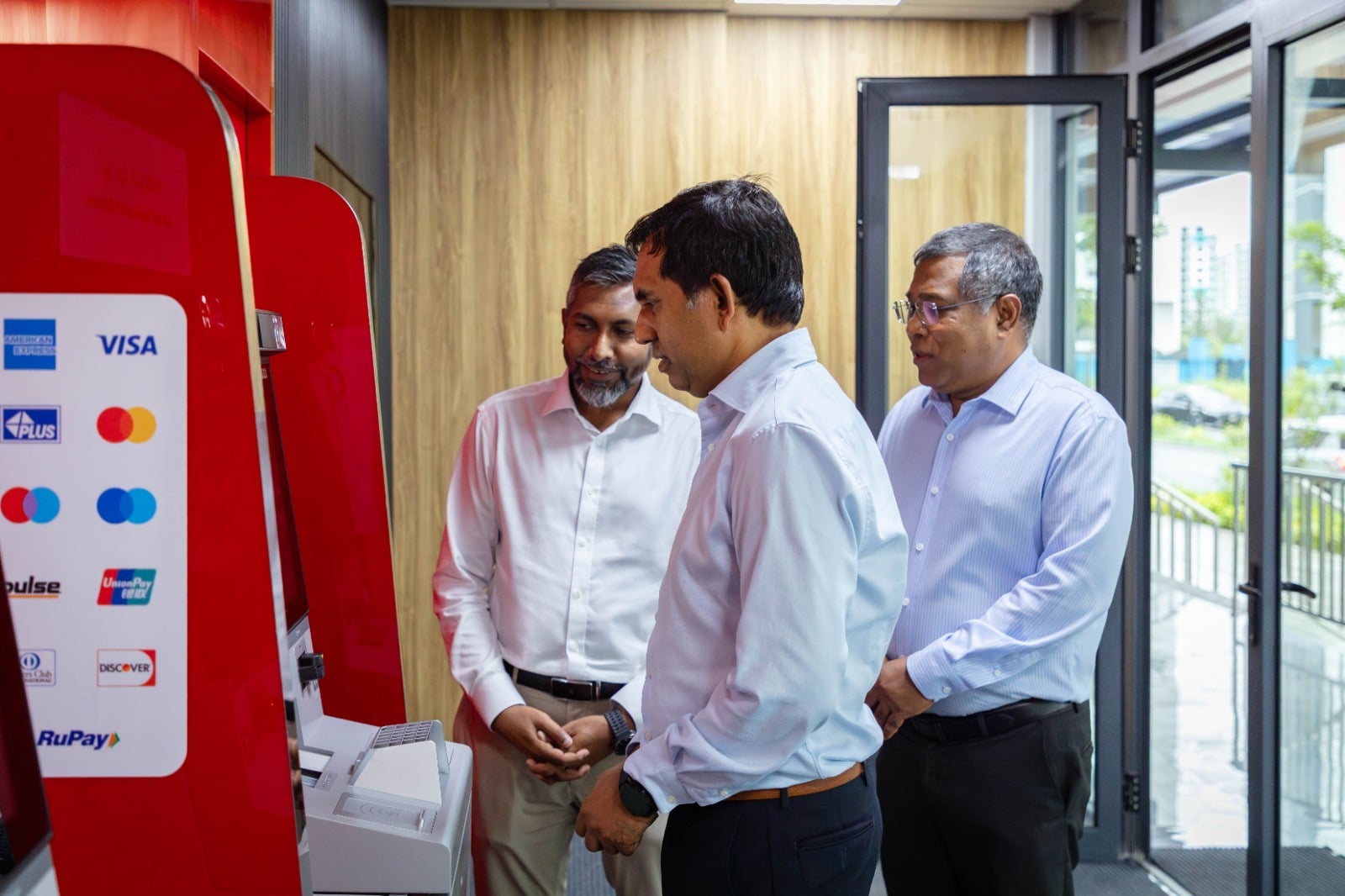Former President Mohamed Nasheed has raised serious concerns about the environmental impact of longline fishing, highlighting its significant bycatch of rays, dolphins, seabirds, and sharks.
In a recent tweet, Nasheed warned that this fishing practice could undermine the Maldives' tourism industry and damage the pole-and-line tuna brands that emphasize sustainability.
The critique comes amid recent developments in the Maldives’ fishing regulations. In March, the Cabinet decided to explore the potential for longline fishing in Maldivian waters. Following this decision, the Ministry of Fisheries has drafted new regulations governing longline fishing and has opened them for public comment.
The proposed regulations include provisions for the processing and disposal of dead sharks caught incidentally during longline fishing operations. However, they explicitly prohibit targeting sharks directly with vessels licensed for longline fishing.
Nasheed’s comments underscore the ongoing debate over sustainable fishing practices and their implications for the Maldives’ marine environment and economy. The regulatory changes and their potential impact on the nation’s commitment to sustainability are expected to be key topics of discussion among environmentalists, industry stakeholders, and the public.
In a recent tweet, Nasheed warned that this fishing practice could undermine the Maldives' tourism industry and damage the pole-and-line tuna brands that emphasize sustainability.
Longline fishing causes huge bycatch of rays, dolphins, seabirds, sharks. It will damage Maldives tourism and pole&line tuna brands, which are based on sustainability.
— Mohamed Nasheed (@MohamedNasheed) August 16, 2024
The critique comes amid recent developments in the Maldives’ fishing regulations. In March, the Cabinet decided to explore the potential for longline fishing in Maldivian waters. Following this decision, the Ministry of Fisheries has drafted new regulations governing longline fishing and has opened them for public comment.
The proposed regulations include provisions for the processing and disposal of dead sharks caught incidentally during longline fishing operations. However, they explicitly prohibit targeting sharks directly with vessels licensed for longline fishing.
Nasheed’s comments underscore the ongoing debate over sustainable fishing practices and their implications for the Maldives’ marine environment and economy. The regulatory changes and their potential impact on the nation’s commitment to sustainability are expected to be key topics of discussion among environmentalists, industry stakeholders, and the public.


















